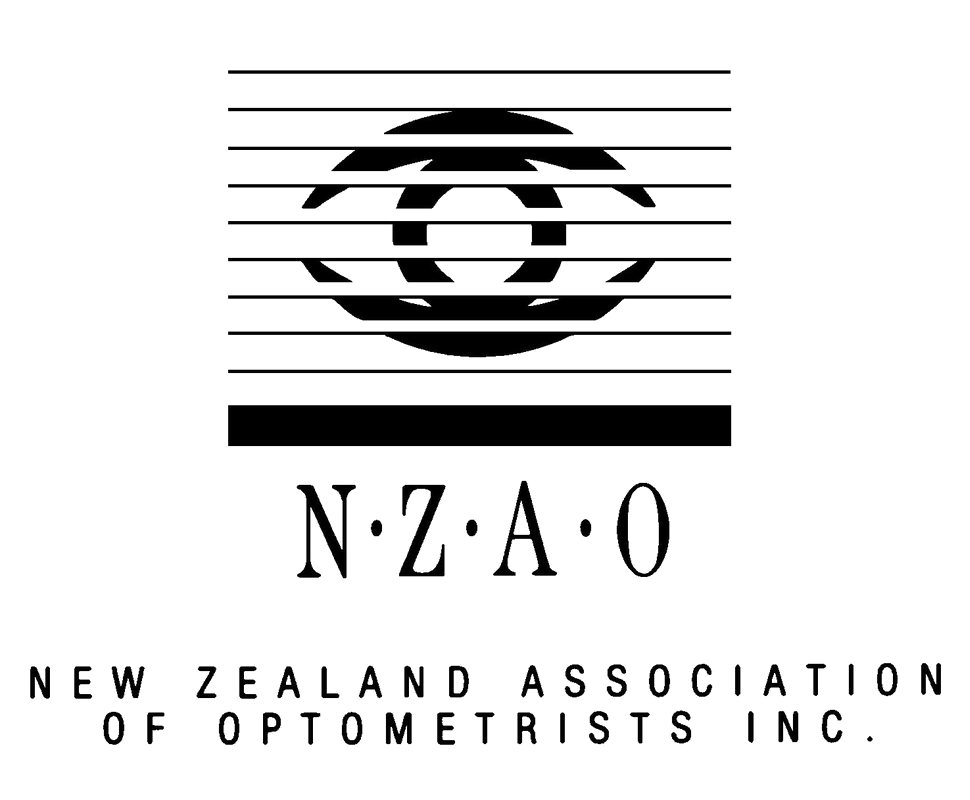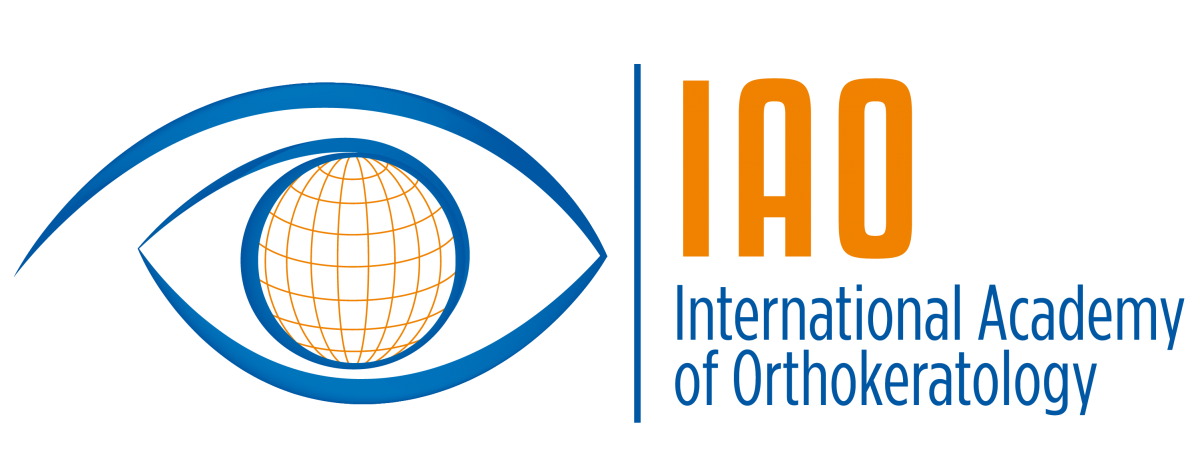With summer here more people are using their contact lenses to enjoy outdoor activities without their glasses. However contact lenses are a medical device and without proper care and hygiene the risk of potentially blinding eye infections is increased.
Follow these important guidelines to ensure your contact lens wear is hassle-free over the holiday period:
- Never use tap water to clean or store your lenses. Water contains micro-organisms that can adhere to your lenses and infect your eye.
- Always wash and dry your hands thoroughly before touching your eye or lenses. Use an alcohol-based sanitizer as an alternative if you are going bush!
- If you must use your contact lenses when swimming make sure you remove and clean or discard them afterwards. Hot water sources including hot tubs, spas or thermal springs are high risk areas for infection – avoid contact lens wear in these environments.
- If you plan on spending a lot of time in the water then consider visiting Bay Eye Care to be fitted for overnight Orthokeratology vision correction: these contacts change the shape of the eye during sleep to give clear vision during the day without any lenses!
- Avoid re-using solutions or wearing your lenses beyond their recommended replacement schedule. Shortcuts may save you money now but could be catastrophic to your eye health in the long-term.
- If your eye is red, sore or light-sensitive then stop wearing your contact lenses and visit our therapeutic optometrist Alex urgently. Your GP or the local A+E service is the next best alternative if your optometrist is away on a well-deserved break!
At Bay Eye Care our contact lens specialists are perfectly placed to offer the best care and advice about your contact lens use. Feel free to contact us today to arrange a contact lens consultation!














